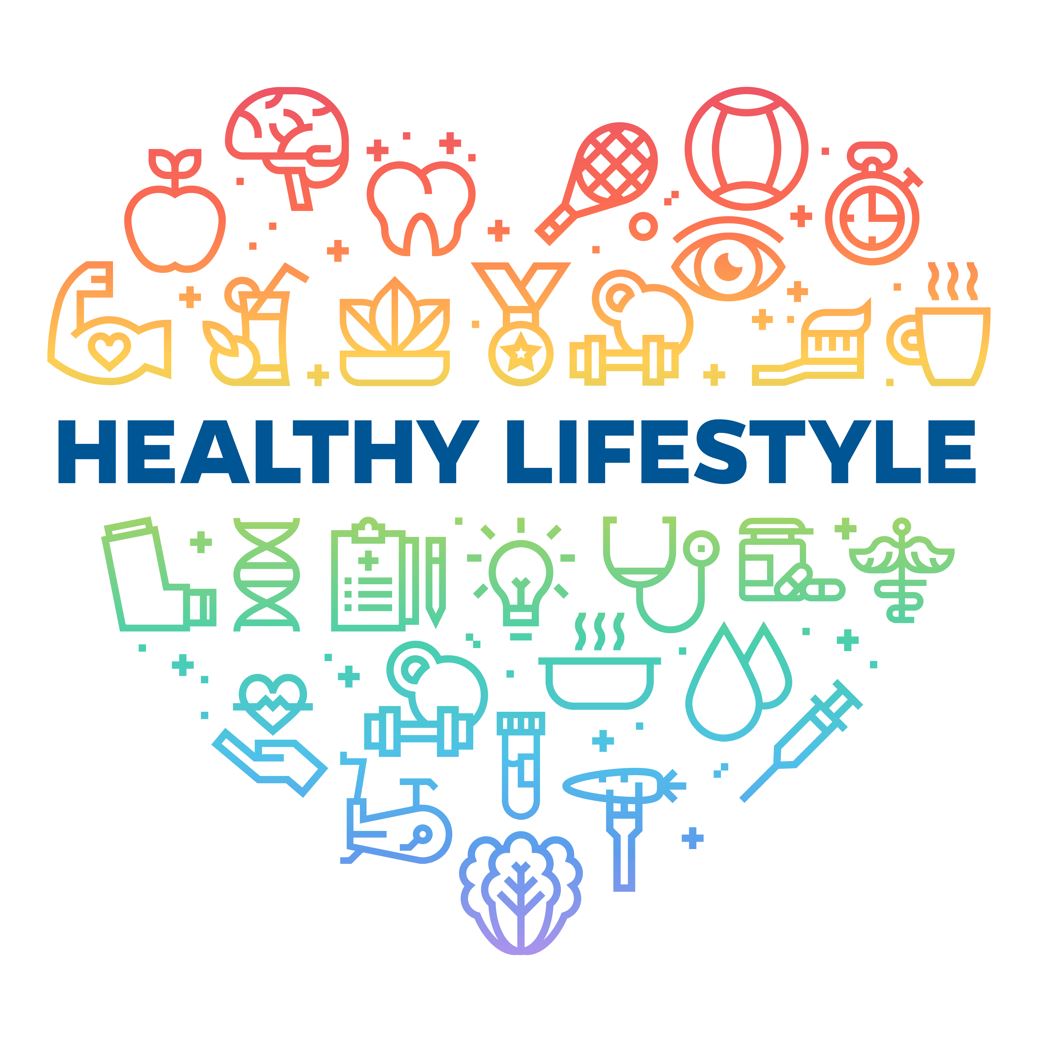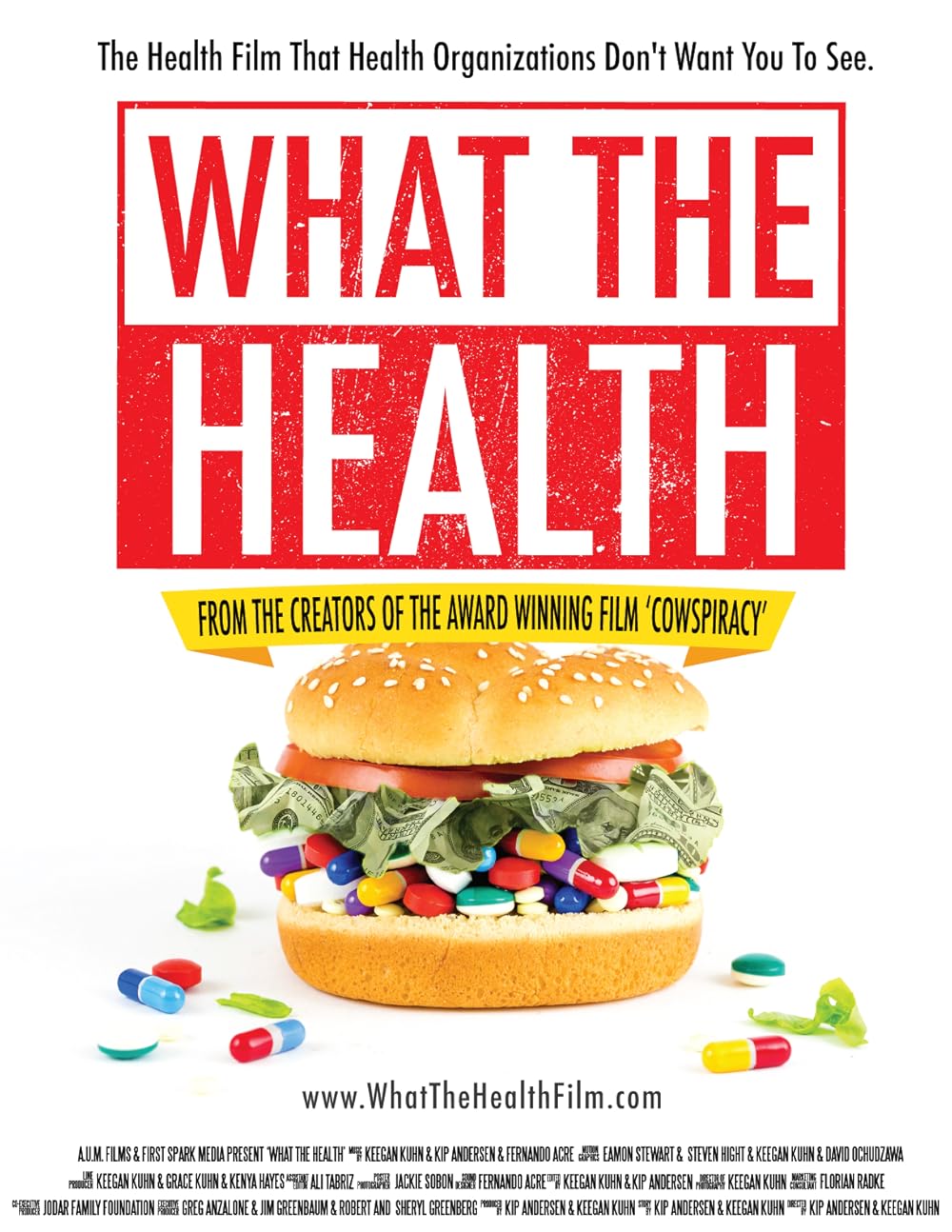Food, Drink & Tobacco: A Poor Givernment’s Sight For Health, But Great Sight For Profit
The epidemic of easily-accessible, 24/7, simple foods is an ever-growing one, expanding wait lines and businesses all around the country. While the fast food has seen an increase in prices, the consumption of them has done anything but slow down. Similar to tobacco, there is a myriad of health issues that arise from fast food, and there is also a major need for government regulation involved. In looking at David Zinczenko’s "Don’t Blame the Eater", Radley Balko’s "What You Eat Is Your Business", and the documentary "What the Health", it is easy to gather that the serious effects of fast food, similar to tobacco, in the various health dangers it carries, as well as how the need for government regulation is imperative for the health and safety of the American people; fast food IS the new tobacco.
David Zinczenko discusses in his article, “Don’t Blame The Eater”how eating fast food as a youth did not necessarily mean that he was taking into a account all a fo the health risks that could be developed from it. He also arises concerns in regards to the lack of truth and easy communication from fast food companies to the public about the effects that fast food has. The lack of transparency is concerning, and Zinczenko makes it clear. He greatly shows support for regulation of fast food through the government, especially now that he is greatly aware fo the dangers that fast food presents; a similar storyline for the use of tabacco. This ties into the common practice in the United States especially wherein more unsafe ingredients, many of which are bioengineered or are gotten from (seemingly) unconventional sources (i.e. Beaver anus, etc.) are used to either enhance appearance, duration of shelf life, or taste of food/drink, due to it having a lower cost than safer, even more natural ingredients, essentially prioritizing profit over protection. Ingredients that have a more harmful effect on the body are generally lower in cost, and in a capitalistic society, that is the main focus at hand when manufacturing food and drink.
To continue, in the article, “What You Eat Is Your usiness”, Radley Balko provides an interesting yet valuable counterpoint to this argument. Having a strong emphasis on leaving the decisions to the individual, Balko agrees that the individual has the right to be able to freely consume whatever they desire, and that it is the consequences they should be ready to (willingly) face. That being said, not everyone knows what goes into the food, and the process in which the food is made, and therefore, potential deciding factors for some to use when considering consuming certain food are not available for the customer, making a somewhat unfair argument. Essentially, without knowing all the info, the customer cannot make a fair judgement. This goes beyond simple “ignorance is bliss” and goes more into being misled or lied to means poor health for the sake of profit. Because of this poor governmental leadership, better action should
At last, this in turn, connects back to the similarities of the tobacco industry. A poorly-regulated substance which has its dangers overlooked by the government turns out to have a pletheura of harmful (including fatal) effects on humans and the environment (which circles back to negatively effecting humans anyhow). The cheap manufacturing costs are incentive enough to ignore serious health effects, and thus better governmental regulation over both of these industries is imperative for a healthier, easier, and better lifestyle.



Comments
Post a Comment